To import a function from a separate Jupyter Notebook (.ipynb file) into another notebook, you can use the %run magic command:
from google.colab import drive
drive.mount('/content/drive')
functions_path = '/content/drive/MyDrive/Lib/'
%run {functions_path}myfunctions.ipynb
